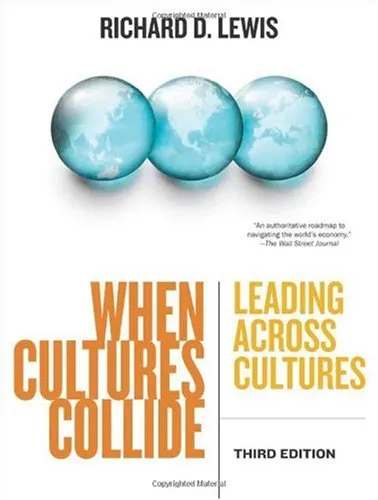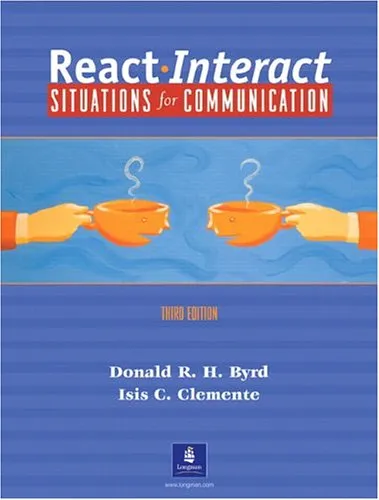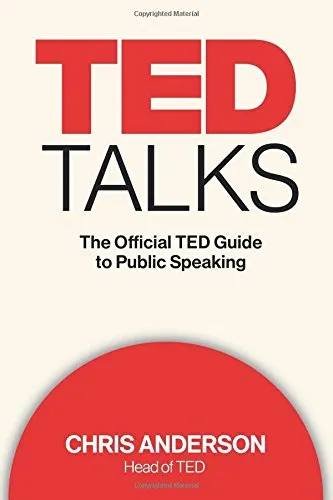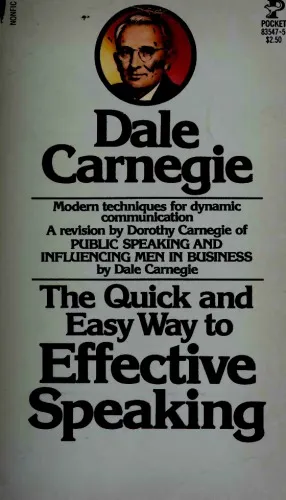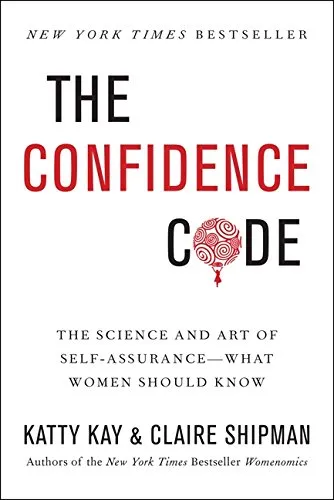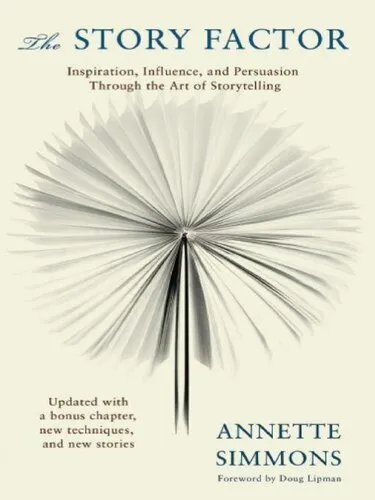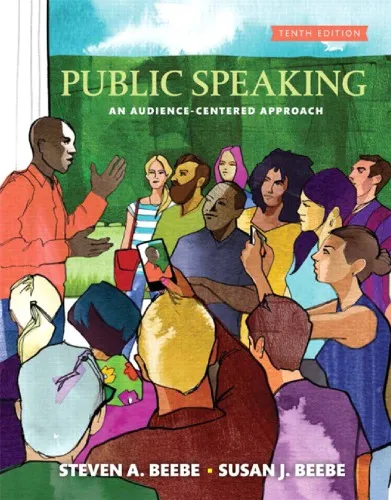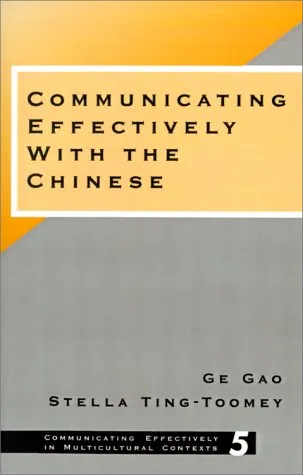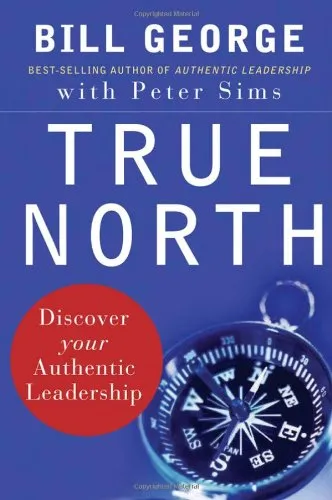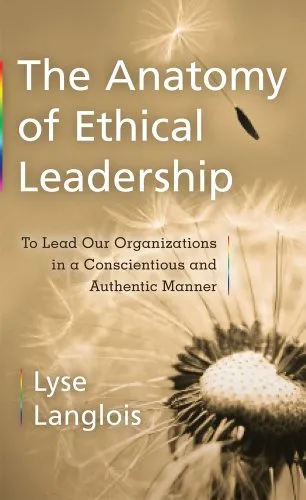When Cultures Collide: Leading Across Cultures
4.5
Reviews from our users

You Can Ask your questions from this book's AI after Login
Each download or ask from book AI costs 2 points. To earn more free points, please visit the Points Guide Page and complete some valuable actions.کتاب های مرتبط:
Introduction to "When Cultures Collide: Leading Across Cultures"
Communication and collaboration in a globalized world require an understanding of cultural differences. In "When Cultures Collide: Leading Across Cultures," Richard D. Lewis provides an insightful exploration into how cultural dynamics shape behaviors, mindsets, and leadership styles. This book is an essential guide for managers, leaders, and individuals who interact regularly with people from diverse cultures, offering practical strategies to succeed in cross-cultural professional and social settings.
First published in 1996 and repeatedly updated to reflect the evolving global landscape, the book distills decades of experience from Richard D. Lewis as a cross-cultural expert. With expertise grounded in both theory and real-world application, Lewis equips readers with the tools they need to navigate cultural differences effectively, whether they're conducting international business or managing multicultural teams.
Detailed Summary of the Book
The book delves into how culture impacts the way people think, communicate, and act, especially in business and professional contexts.
The first part of the book introduces the foundation of cross-cultural analysis. Lewis highlights differences in national cultures, often through humor and anecdotes, and explains how people from various regions perceive key values like time, trust, and authority. Central to this section is the "Lewis Model," a unique framework that classifies cultures into three categories: Linear-Active, Multi-Active, and Reactive. By understanding where different countries lie on this spectrum, readers gain clarity on why certain cultural practices or communication styles might clash or complement one another.
The second part focuses on practical applications of cultural understanding. Lewis provides insights into managing cross-cultural teams, leading negotiations, and resolving conflicts. Each chapter addresses specific cultural challenges, with solutions tailored to allow for adaptability and respect between diverse stakeholders. The book empowers readers to see cultural differences not as barriers but as opportunities for growth.
In the final part, the book dives deeply into individual country profiles, offering specific dos and don'ts for doing business with people from over 60 cultures. This section is immensely practical for professionals working in international environments.
Key Takeaways
- Understanding cultural differences can prevent miscommunication and foster better collaboration.
- The "Lewis Model" categorizes cultures into Linear-Active, Multi-Active, and Reactive, providing a simple but effective framework for cross-cultural analysis.
- Effective leadership in a globalized world requires adaptability and cultural intelligence.
- Specific practices tailored to individual countries can enhance professional relationships and success in international dealings.
- Respect and curiosity toward other cultures create positive, lasting impressions in both business and personal connections.
Famous Quotes from the Book
"Cultural differences are not something to be fought or ignored; they are to be understood and celebrated."
"When cultures collide, boundaries are tested, but new perspectives emerge."
"In a multi-cultural world, the measure of a true leader lies in their ability to connect, adapt, and inspire across the divides."
Why This Book Matters
The relevance of "When Cultures Collide: Leading Across Cultures" has only increased as globalization accelerates and workplaces become more diverse. It serves as a critical resource for:
- Business Leaders: Helps executives navigate negotiations, partnerships, and decisions while respecting cultural values.
- Managers of Multinational Teams: Offers actionable strategies for managing conflicts and improving cohesion between team members of different cultural backgrounds.
- Educators and Trainers: Provides material for teaching cross-cultural communication and leadership techniques.
- Global Citizens: Encourages individuals to embrace the richness of cultural diversity and develop empathy across cultural boundaries.
In a world filled with cultural complexities, Lewis provides the tools to turn these complexities into strengths. The book is a reminder that understanding begins with awareness, and progress starts with communication.
Free Direct Download
You Can Download this book after Login
Accessing books through legal platforms and public libraries not only supports the rights of authors and publishers but also contributes to the sustainability of reading culture. Before downloading, please take a moment to consider these options.
Find this book on other platforms:
WorldCat helps you find books in libraries worldwide.
See ratings, reviews, and discussions on Goodreads.
Find and buy rare or used books on AbeBooks.
1445
بازدید4.5
امتیاز0
نظر98%
رضایتReviews:
4.5
Based on 0 users review
Questions & Answers
Ask questions about this book or help others by answering
No questions yet. Be the first to ask!
